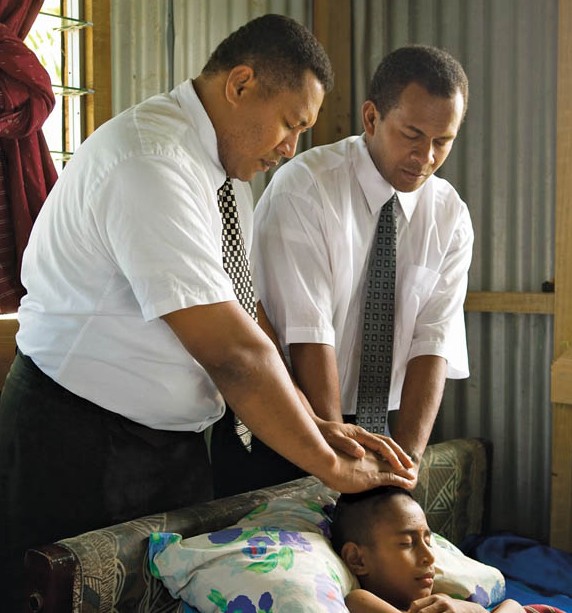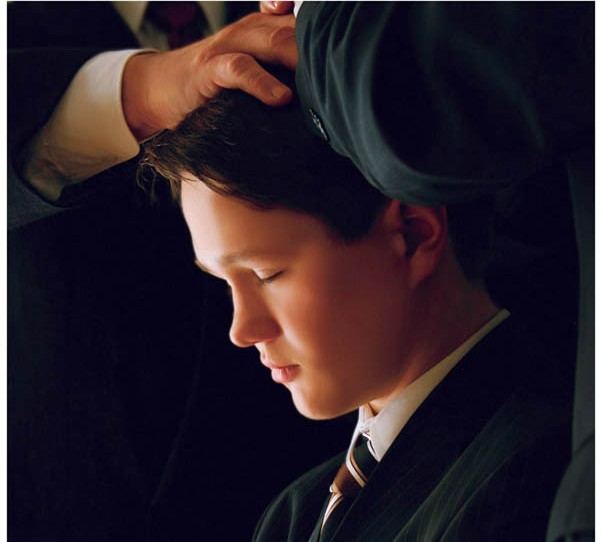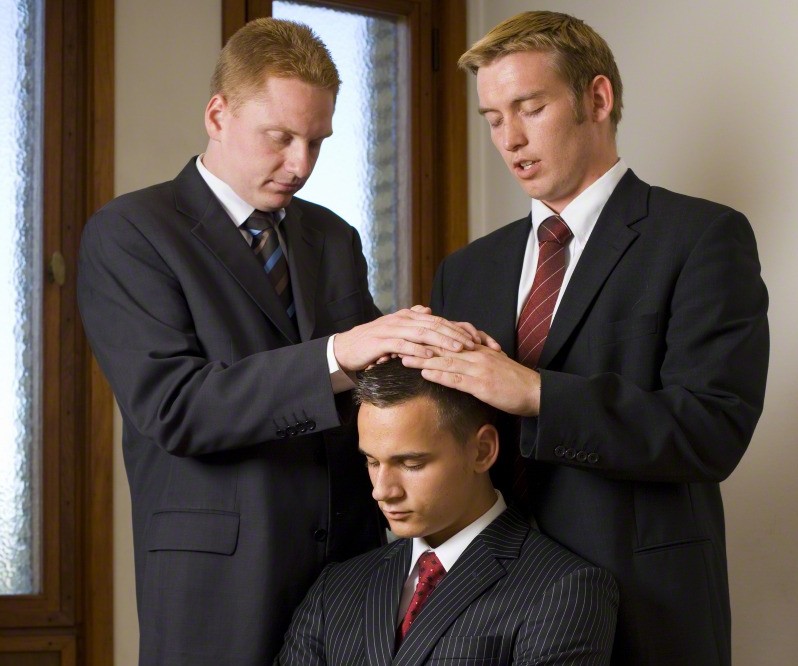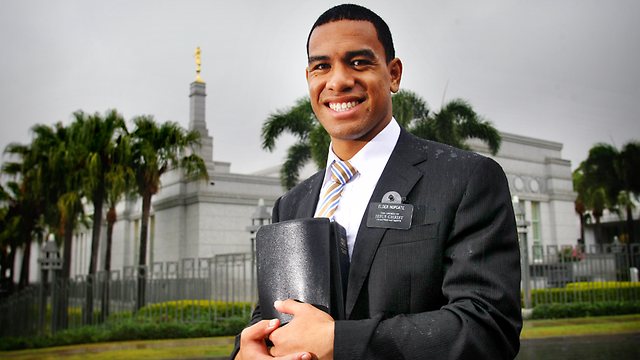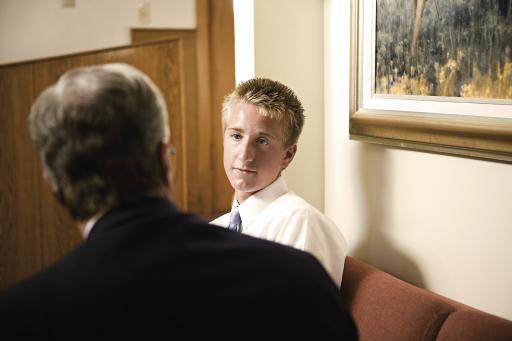Question
Gramps,
My brother-in-law holds the Melchizedek priesthood, and was in the Bishopric. He asked for a divorce and moved out of the ward the next day. It was recently discovered that he has been committing adultery, involved in porn, on a dating service, lied to his bishop and stake president. His new ward knows nothing. He continues to give blessings and attend Temple sessions. Are the blessings valid? Any work done in the Temple, baptisms and endowments, are they valid?
Nedla
Answer
Dear Nedla,
It sounds to me like your brother-in-law is bringing down a lot of condemnation on his own head, by performing Priesthood ordinances while unworthy, this is in addition to the sins that made him unworthy in the first place.
Your questions about the validly of the ordinances he performs is a common question people have when this kind of issue comes up. The answer is simple. They are all valid because the Lord will honor His priesthood even if the men acting in His name are flawed.
Lets see if I can explain this clearly. No mortal Priesthood holder is ever perfect. They all have some level of sin or transgression in their life. If total purity was required then no one would ever be able to get any priesthood ordinance.
Therefore the Lord has setup his priesthood to work around human frailties and limitations. First each individual priesthood holder is taught that they need to be worthy, second each saving ordinance is approved by a leader who is responsible to make sure all involved are worthy, third the person receiving the ordinance is instructed in what is required, and finally there are witnesses who are responsible to make sure the ordinance is preformed correctly. Anyone of these groups can raise concerns about how the ordinance is done. (admittedly witnesses don’t handle worthiness issues but the idea of making sure it is done right is clearly there)
It is this testimony that to the best of their knowledge the ordinance was performed correctly, worthily and with the proper authority of the various parties that validates ordinances performed. And this works without problems for the bulk of the ordinance work done.
In the case of your brother-in-law his testimony is false, but that doesn’t change the testimony of the others, so it holds as valid. Your brother-in-law however add the sin of false testimony before the Lord to his list of transgressions that he needs to repent of.
Now I know many of my readers on hearing this will ask ‘Well what if more then just one person is unworthy?’ For this I would like to point to the story of Alma and the wicked King Noah. Noah’s wickedness is well established as is his corruption of the High Priests of his kingdom. Alma was made a High Priest and even was a part of this corrupt system until the words of the Prophet Abinadi caused him to repent. You would think that if anyone’s ordination would have been invalid because of wickedness of those involved it would have been Alma’s. And yet once he repented Alma became the leader of the church and performed ordinances for others.
Therefore I think the scriptures make it very clear that while the Lord requires his priesthood holders to be worthy. It is also clear that the lack of worthiness only impacts the individual holder and not those that receive the ordinances from him.
Gramps

